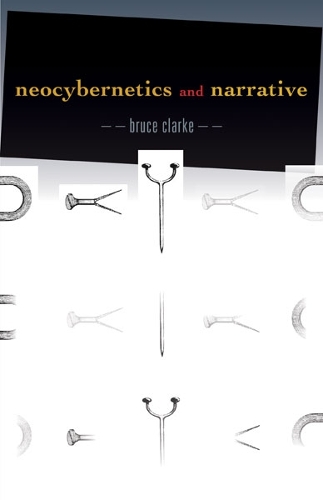
Neocybernetics and Narrative
(Paperback)
Publishing Details
Neocybernetics and Narrative
By (Author) Bruce Clarke
University of Minnesota Press
University of Minnesota Press
1st December 2014
United States
Classifications
General
Non Fiction
Philosophy
Media studies
808.8023
Physical Properties
Paperback
248
Width 140mm, Height 216mm, Spine 25mm
Description
"Neocybernetics and Narrative" opens a new chapter in Bruce Clarke's project of rethinking narrative and media through systems theory. Reconceiving interrelations among subjects, media, significations, and the social, this study demonstrates second-order systems theory's potential to provide fresh insights into the familiar topics of media studies and narrative theory. A pioneer of systems narratology, Clarke offers readers a synthesis of the neocybernetic theories of cognition formulated by biologists Humberto Maturana and Francisco Varela, incubated by cyberneticist Heinz von Foerster, and cultivated in Niklas Luhmann's social systems theory. From this foundation, he interrogates media theory and narrative theory through a critique of information theory in favor of autopoietic conceptions of cognition. Clarke's purview includes examinations of novels ("Mrs. Dalloway" and "Mind of My Mind"), movies ("Avatar," "Memento," and "Eternal""Sunshine of the Spotless Mind"), and even "Aramis," Bruno Latour's idiosyncratic meditation on a failed plan for an automated subway.Clarke declares the era of the cyborg to have ended, laid to rest as the ontology of technical objects is brought into differential coordination with operations of living, psychic, and social systems. The second-order discourse of cognition destabilizes the usual sense of cognition as conscious awareness, revealing the possibility of nonconscious and nonhuman forms of sentience.
Author Bio
Bruce Clarke is chair in the Department of English and the Paul Whitfield Horn Professor of Literature and Science at Texas Tech University.
